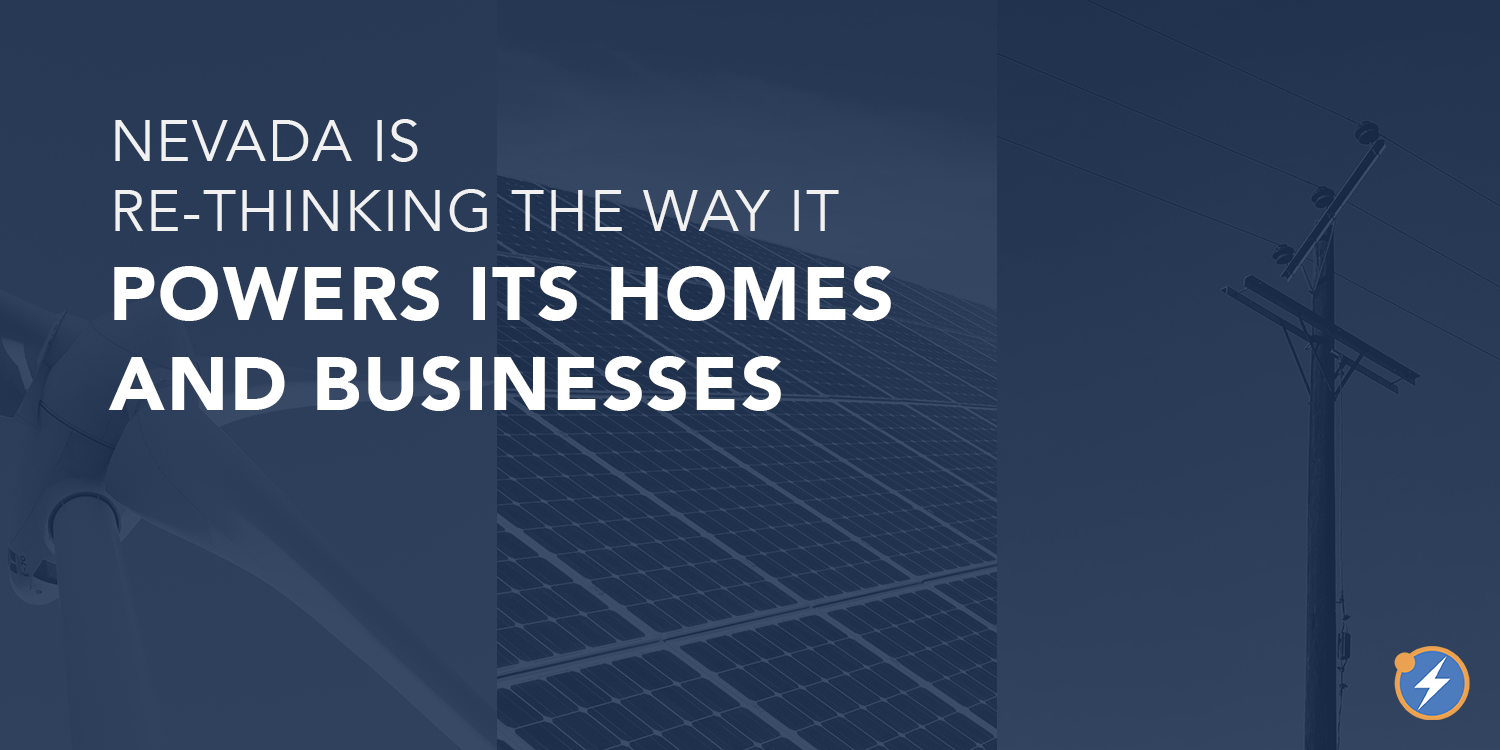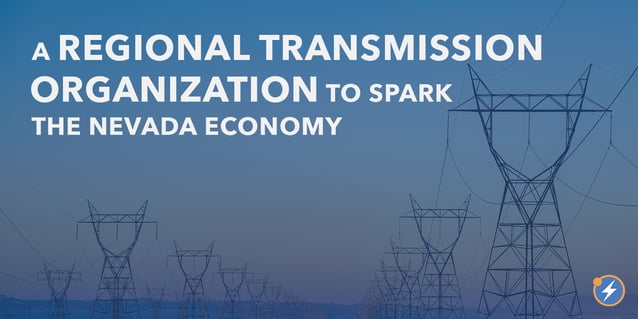
America is re-thinking the way it powers its homes and businesses, and we’re seeing this debate emerge in state legislatures, at public utility commissions, at county and city councils, and in our own kitchens and living rooms. This is because changing appliance economics and performance, consumer preferences, and state and local policies are driving support for clean, efficient, and affordable electric technologies. It is also because a realistic look into the future of energy indicates that we can expect a dramatic decline in the use of natural gas, and an unwieldy and expensive transition if we fail to plan for it.

-1.png?width=2342&name=image%20(1)-1.png)
/NV%20Energy%20Bill%20Blog%20Image.png?width=588&name=NV%20Energy%20Bill%20Blog%20Image.png)